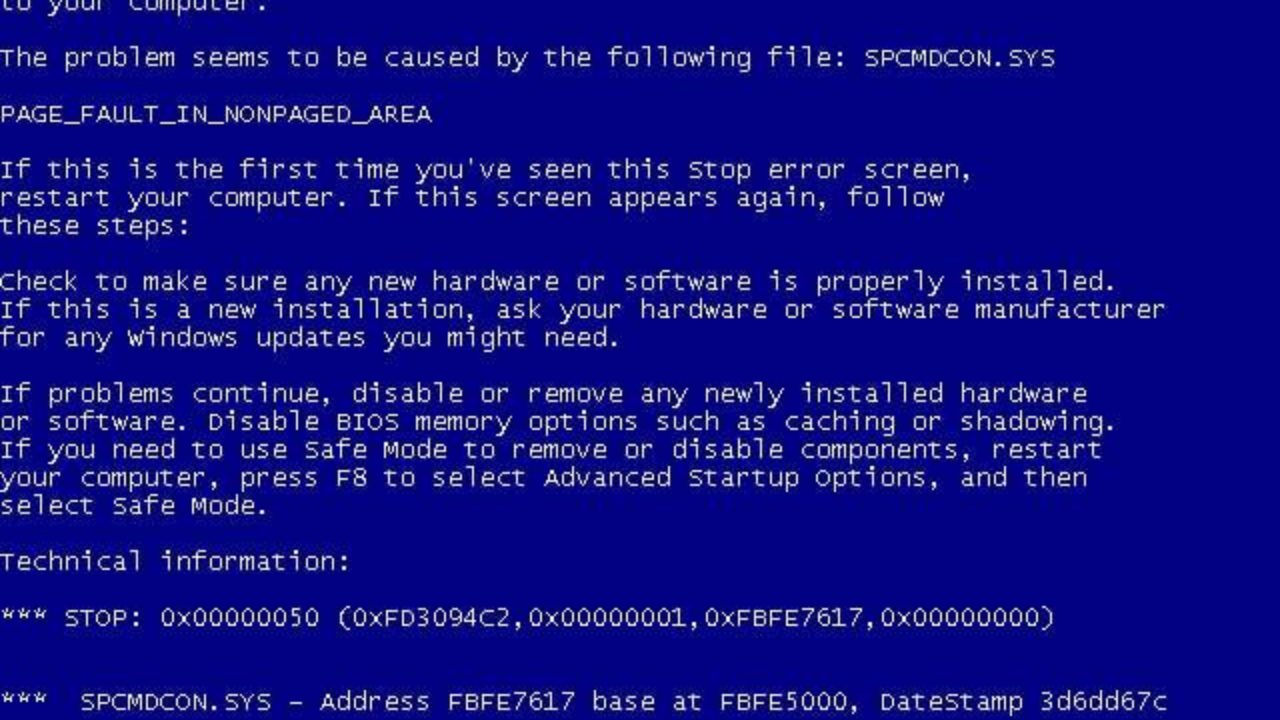I apologize for my absence. Since my last post, I moved into a new house, helped family with an overseas move, and was otherwise procrastinating. I started writing this post back when I was doing a playthrough for TAG, and almost from the start, I had to wrestle with the question of emulation. After all, it's a DOS game from 1993. I don't have a souped-up 386 sitting around, so I had to find other ways to run the program.
Emulation isn't just about MS-DOS, but it's a starting point for this discussion.
Modern incarnations of Windows choke at the thought of running a DOS program. So, over time, people have come up with ways to run the new programs, the ones the hardware merchants and operating system folks wish you would just forget about, so that they can sell you new replacements at a new higher profit.
I've been wrestling with this a lot longer than I realized. Back in the early-1990s, a program came out that allowed you to slow down the 386 you were using so that your favorite XT game would still run at a reasonable speed. I had used Mo'Slo many times, even after Windows was a thing. After all, until Windows XT in the early 2000s, Windows still ran on top of DOS, so exiting to a command prompt was the best way to run an old program.
But that wasn't emulation, that was really just putting a governor on the engine to slow it down. With the loss of MS-DOS, you needed a replacement. In stepped DOSBox. First released in 2001, it emulated an older computer and DOS all at the same time, while running comfortably under Windows. Over time, emulated support for all the features of an old DOS system have been implemented, such as sound cards, modems, and the like. Still, it wasn't perfect.
Take the example of the Roland MT-32, at one time, the gold standard for music in a DOS game. But there is no perfect emulation of it. The only real option is MUNT, which is an open-source project that admits on its own web page that it emulates the devices "somewhat inaccurately". Years ago, before MUNT was viable, I invested in a used MT-32 on eBay for $50, which now goes for about $300. I have used them side-by-side, and they are far from equals. The emulation is decent, but noticeably poorer.
There are specialized emulators for certain programs. ScummVM, for example, is for adventure games. It started as just LucasArts titles, it merged with a Sierra emulation project, and then expanded even further.
On a wider scale is MAME, which started out as an arcade machine emulation project, and added more obscure computer systems.
Even at the lower quality, even with the limitations, emulation provides for a pleasant experience, often even a little better than the original. After all, back on that 386, I had to figure out all the drivers for my mouse, CD drive, and sound card, none of which were 100% standardized and nothing plug-and-play as Windows would later bring to the table. And memory management? Ugh. These emulators take care of all of that.
Emulation isn't just about DOS. When I was 6, I was the proud owner of an Intellivision video game console. In some ways, very ahead of their time, in some ways, poorly designed. But very entertaining. It was dramatically better technologically than the more popular console from around 1976, the Atari VCS. Both were designed to look great in your 1978 living room, with fake wood panel siding on the rather boxy cases.
Using one of them today, however, is a challenge. Besides the tendency for 40+ year-old electronics to not always work right, the game cartridges and keypad inserts may not have survived the years. And connecting something that used an old RCA-style connector to a modern digital television requires converters, inverters, and the like. Enter emulation.
In 1998, the copyright holders at the time released a compilation with a workable emulator on CD for the PC and, later, other consoles. It looks beautiful on screen, bright, vivid colors on my LCD screen. But, unless you shell out for hobbyist-created adapters and use an original controller with it, you need to use awful keyboard mapping that takes away from the fun of the games.
It's a shame. It's getting harder and harder to enjoy the past. As I finish writing this post, I'm finishing another playthrough for the TAG blog, and realized that emulating the old systems is getting harder and harder as more time is put between the present and the time the games were released. Ten years ago, I could have possibly played the game in question easily on my system, a matter of perhaps dual-booting my Windows XT system to DOS. Since then, there have been so many changes in the computer systems and operating systems that nothing from that era will run easily without emulation or other assistant programs, even Windows-based games. (One of the most useful that I have found is DGVOODO2, but there are other hacks as well.)
This is a shame, because it's making it harder to preserve the past, and making it harder for new people to experience the things we'd like to share with them.








No comments:
Post a Comment